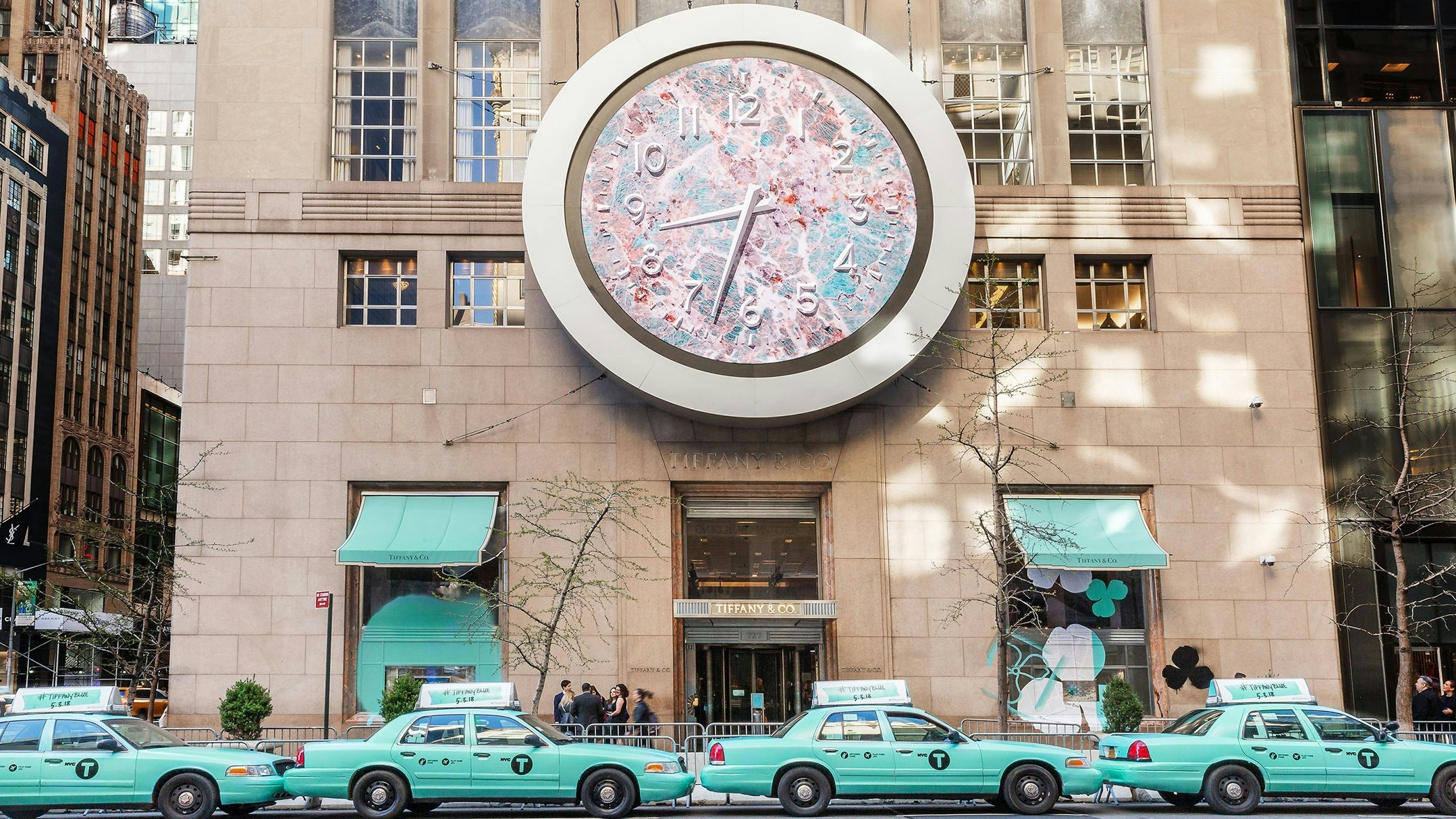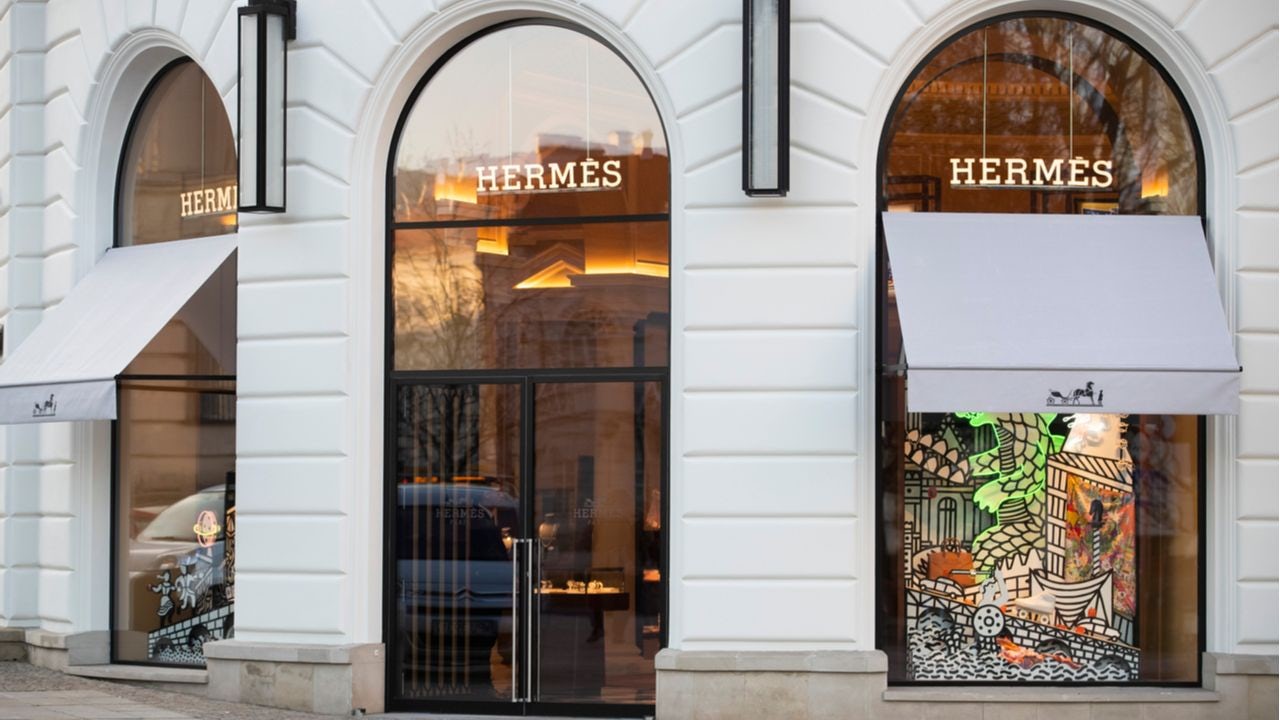Key Takeaways:#
Human nature — and some favorable macro-economic factors — have led to a rebound of luxury sales growth already towards the end of last year.
As we lap the early impacts of the pandemic spread from February-March 2020, growth should mechanically be very high, a counterintuitive reality given the world remains broadly restricted and travel still shut down.
Purchases could become more mindful, more skewed to bigger brands and bestselling items with more demanding consumers but expect exuberance of growth to take you by surprise.
A surprising late 2020 rebound#
A year ago, I was happily meetings friends and clients, going out to restaurants, and enjoying life in the Big Apple. And then, mid-March, everything suddenly shutdown, and I have been working from home ever since and reading articles about the great New York exodus, how the city would never be the same again, and how maybe, according to one New York Post article, it is the case that “New York City is dead forever.”
To be sure, the city is clearly not the lively one I grew up in, as friends flying in from less restrictive states (think Florida) always remind me, commenting on how dull it now feels. So all of this grim reality should tell us luxury demand has evaporated in New York, right? Wrong! Chanel, Dior, Louis Vuitton, and Tiffany are all still bustling. Why?
Human nature prevails, of course. Wealthy consumers, stuck at home, have come back to spend on luxury. True, they have been incentivized to do so, as they entered the pandemic being wealthy, plus a combination of favorable equity markets, secondary property markets and staycationing has enabled them to feel even more wealthy. But even before financial considerations, human nature has prevailed retailers talking to “a survival trade,” i.e., “I’ve been through this, it’s ok to reward myself.” What happened in New York with local clienteles, and in parts of Europe with locals there as well, is not too dissimilar to what happened in mainland China a lot earlier on in 2020.
Even more surprising to the brands was the rebound of Western consumers given very few would have imagined them to be so engaged and motivated to purchase luxury goods while circumstances remain so dire. Sure, there are exceptions. The UK vaccination roll out, for instance, has been impressive. But in most of the Western world, restrictions are still painful (think France) and COVID-19 fatalities remain saddening high (think US). And yet the rebound has started.
“Anniversarying” the shock#
Go back to the pandemic timeline and you will remember that by last February, most of China’s stores were shut and by mid-March both Europe and the US as well. You don’t need to be a math guru to understand that if luxury sales for any given brand were halved in the March-May period last year, all things being equal this year, they should double. The media tends to sensationalize what otherwise should just be a logical outcome. Last April, the press was all about how an Hermès Guangzhou store beat record sales when it reopened post-pandemic.
Well, considering Chinese citizens had bought nothing for two months and, more importantly, that most sales to Chinese nationals used to take place abroad — but now going abroad was an impossibility with all borders being shut — what was optically incredible was just plain logical. Similarly, if brands double their sales in the March-May 2021 period year-over-year, the media will likely highlight “astonishing sales,” when we will just have gone back to 2019 levels, plain and simple. And, as I just published my book, Future Luxe, discussing a strong decade of post COVID-19 growth for luxury, I could go around on a “I told you so” tour, but I won’t…
Not just about the optics#
All in, the optics will look good this year for the luxury industry. But beyond the optics, luxury has emerged as being way more important to wealthy individuals’ lives than we could have imagined. Sure, big brands with iconic ranges are outperforming, while smaller, independent companies struggle. Sure, consumers are asking more questions and greenwashing is making way to ensure a proper conscience. But beyond the 2021 rebound, I remain confident that luxury demand can thrive. The crisis has improved the quality of management and sales staff in the sector, the level of knowledge and engagement to consumers and, as I discussed last week, a shift from product to purpose will make the relationship between brands and consumers that much stronger. Luxury is by definition something you don’t need but it changes your perspective, puts a smile on your face, makes you hopeful and enthused and we still need that right now.
Erwan Rambourg has been a top-ranked analyst covering the luxury and sporting goods sectors. After eight years as a Marketing Manager in the luxury industry, notably for LVMH and Richemont, he is now a Managing Director and Global Head of Consumer & Retail equity research. He is also the author of Future Luxe: What’s Ahead for the Business of Luxury (2020) and The Bling Dynasty: Why the Reign of Chinese Luxury Shoppers Has Only Just Begun (2014).

